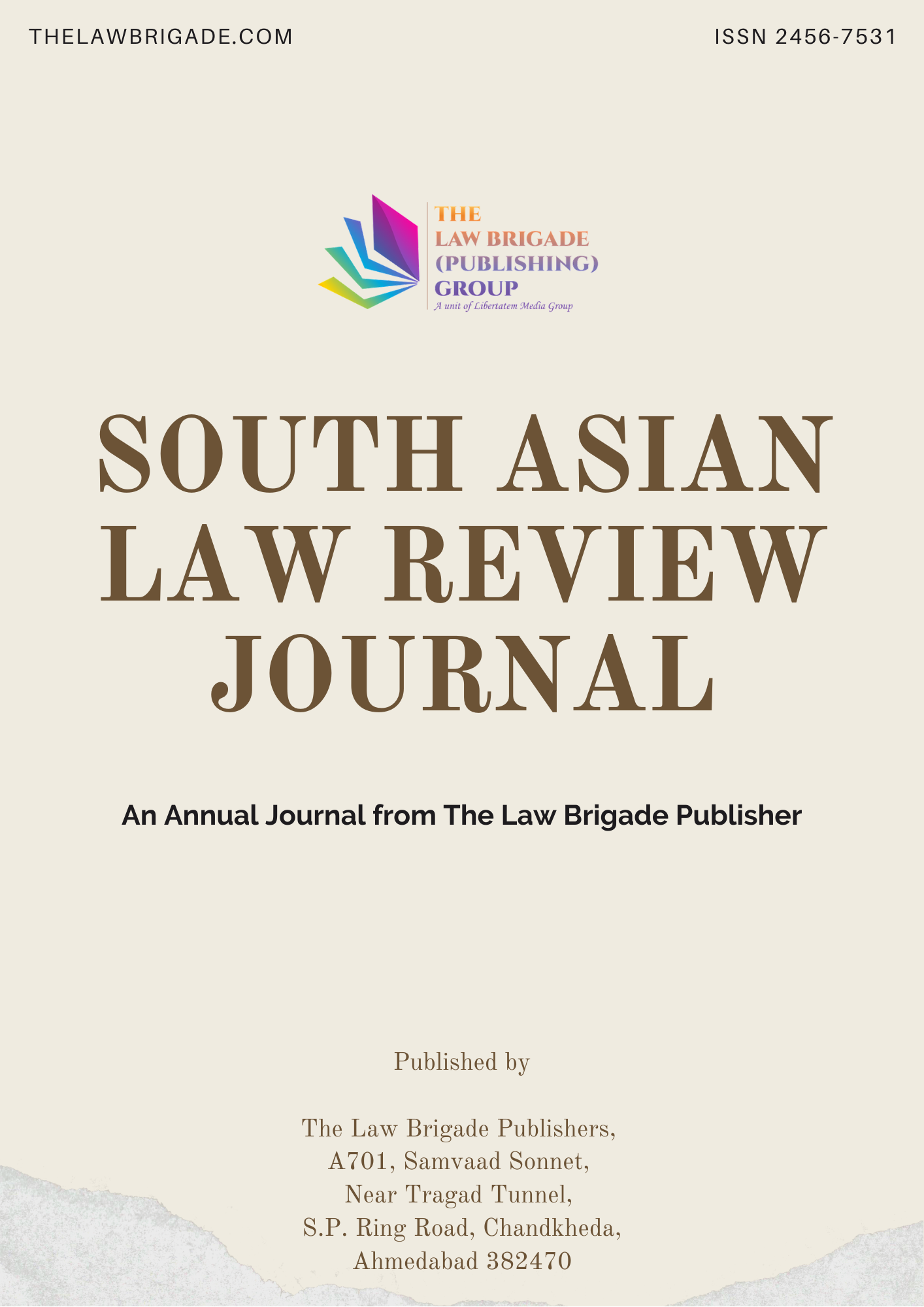The constitutional validity of the Master Directions on Frauds – Classification and Reporting by commercial banks and select Financial Institutions has been challenged on the grounds that these directions do not provide any opportunity to be heard by the authorities. Once a bank declares a company’s accounts as Red Flagged Accounts, the accounts are frozen, and for the next five years, the company is barred from seeking capital from any bank or financial institution. After the completion of five years, it is at the discretion of the financial institutions and banks to decide whether to lend to fraudulent companies or not. These Master Directions are issued in accordance with Section 35A of the Banking Regulation Act, 1949.
The Early Warning Signs (EWS) play a crucial role in this process as they indicate potential wrongdoing in the company that could later lead to fraud. If multiple EWS are issued, the bank declares the account as a Red Flagged Account, and an investigation commences. During the investigation and conclusion of the decision, the only opportunity given to the borrowers is their participation in the forensic audit report. However, this falls short of providing a genuine opportunity to be heard. Borrowers do not have the right to object to the final decision. Once they come under the purview of fraudulent companies, they are unable to seek capital from banks or any financial institution. Even after the completion of the designated duration, it ultimately depends on the individual financial institutions whether they trust the fraudulent company or not. In most cases, financial assistance is denied due to the stigma and loss of goodwill in the market. This not only results in the loss of the right to reputation but also severely impacts the right to livelihood.
The RBI Master Circular is not entirely void, but several amendments are required to ensure compliance with the due process of law. It is necessary to incorporate these amendments to strike a balance between preventing fraud and safeguarding the rights of borrowers.





